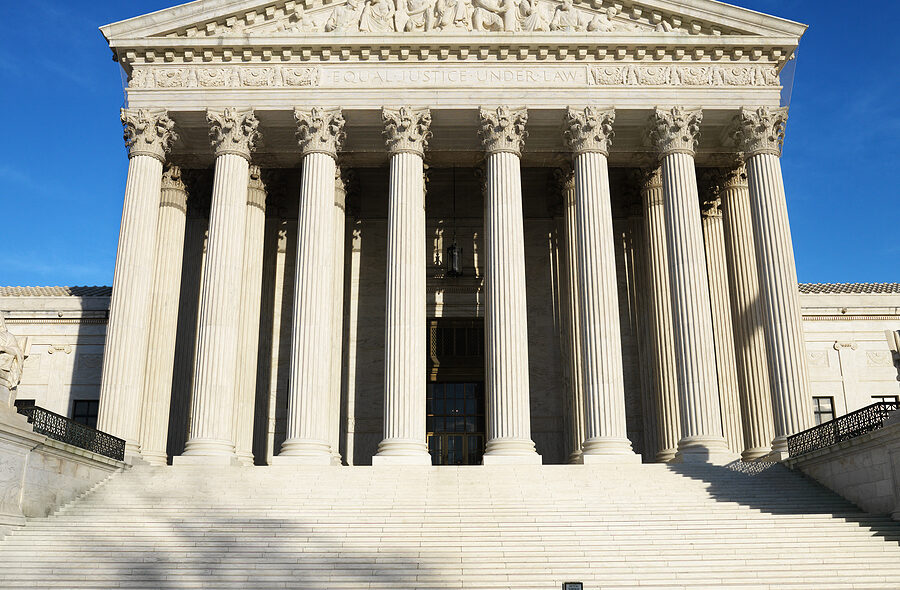The thought of having your credit card debt completely forgiven can seem too good to be true. However, like so many things in life, if it sounds too good to be true, it probably is. The truth is, debt settlement comes with its own set of unintended consequences.
If a consumer is not able to pay off a credit card balance and has missed a number of payments, that person may choose to either work directly with the credit card company- or if the debt is sold, a third-party debt collector to settle payment. Credit card companies want to receive payment at the end of the day, and they are willing to accept less than what is owed in lieu of not receiving payment at all if the debtor chooses to file for bankruptcy and have the debt discharged.
The problem with debt settlement involves the consequences that come along with settling your credit card debt. For one, even if the balance is settled, it can still have a negative impact on a consumer’s credit score. In addition, if the amount that originally was owed is a lot more than the amount that ended up being paid, the difference is still considered taxable income by the IRS and state government, which means the consumer will have to pay taxes on the forgiven debt.
If you are successful in negotiating the amount with the creditor, make sure these agreements are in writing and be wary of any plans that seem too good to be true. If you are receiving collection calls, unable to make payments, facing wage garnishment or have a lawsuit pending with a creditor, it is important to at least sit down with an experienced bankruptcy attorney, who can advise you of all your options.
Consumers should avoid working with debt settlement companies. The cons often outweigh the pros, as many of these companies engage in unfair practices, require their clients pay large upfront fees and result in a consumer’s credit being irreparably damaged, and still left with debt.
Click here to read more on this story.
If you have questions on this topic or are in financial crisis and considering filing for bankruptcy, contact an experienced Miami bankruptcy attorney who can advise you of all of your options. As an experienced CPA as well as a proven bankruptcy lawyer, Timothy Kingcade knows how to help clients take full advantage of the bankruptcy laws to protect their assets and get successful results. Since 1996 Kingcade Garcia McMaken has been helping people from all walks of life build a better tomorrow. Our attorneys’ help thousands of people every year take advantage of their rights under bankruptcy protection to restart, rebuild and recover. The day you hire our firm, we will contact your creditors to stop the harassment. You can also find useful consumer information on the Kingcade Garcia McMaken website at www.miamibankruptcy.com.

